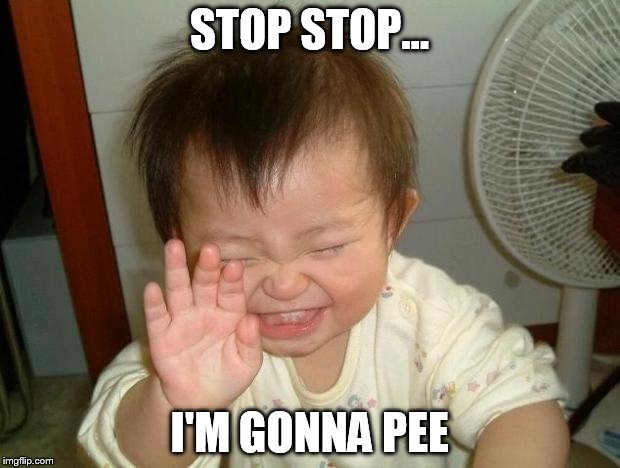The other day New Wife and I were talking about something that affects her school greatly: peanut allergies among the kiddies — allergies which can be life-threatening.
I said to her: “When we were kids, nobody had a peanut allergy. Now it seems to be all over the place. When did this become so much of a problem, and why?”
Turns out the answer is quite simple: fucked-up science. Here’s the story:
The roots of this particular example of expert-inflicted mass suffering can be found in the early 1990s, when the existence of peanut allergies — still a very rare and mostly low-risk phenomenon at the time — first came to public notice. Their entry into public consciousness began with studies published by medical researchers. By the mid-1990s, however, major media outlets were running attention-grabbing stories of hospitalized children and terrified parents. The Great Parental Peanut Panic was on.
As fear and dread mounted, the American Academy of Pediatrics (AAP), a professional association of tens of thousands of US pediatricians, felt compelled to tell parents how to prevent their children from becoming the latest victims. “There was just one problem: They didn’t know what precautions, if any, parents should take,” wrote then-Johns Hopkins surgeon and now-FDA Commissioner Marty Makary in his 2024 book, Blind Spots: When Medicine Gets It Wrong, and What It Means for Our Health.
Ignorance proved no obstacle. Lacking humility and seeking to bolster its reputation as an authoritative organization, the AAP in 2000 handed down definitive instructions: Parents should avoid feeding any peanut product to children under 3 years old who were believed to have a high risk of developing a peanut allergy; pregnant and lactating mothers were likewise cautioned against consuming peanuts.
The AAP noted that “the ability to determine which infants are at high risk is imperfect.” Indeed, simply having a relative with any kind of allergy could land a child or mother in the “high risk” category. Believing they were erring on the side of caution, pediatricians across the country started giving blanket instructions that children shouldn’t be fed any peanut food until age 3; pregnant and breastfeeding mothers were told to steer clear too.
So now we know when, and how. But what was this based upon?
What was the basis of the AAP’s pronouncement? The organization was simply parroting guidance that the UK Department of Health had put forth in 1998. Makary scoured that guidance for a scientific rationale, and found a declaration that mothers who eat peanuts were more likely to have children with allergies, with the claim attributed to a 1996 study. When he checked the study, however, he was shocked to find the data demonstrated no such correlation.
In fact, the way to prevent your kids from getting a peanut allergy is precisely the opposite to what these assholes insisted upon:
- when you’re pregnant, eat peanuts
- after the kid is born, feed it peanut butter (in small quantities, of course)
- so its physiology can learn to deal with peanuts, like it does with all foods and illnesses.
Fucking hell.
The next time someone suggests that we “trust the experts”, we should tell them to go and fuck themselves. And if bodies such as the AAP can’t be trusted to do the proper due diligence with the scientific data in hand, they need to be fired, sued and all the other ways that such negligence and outright error can be punished.
I was thinking “mass floggings”, but no doubt someone’s going to have a problem with this.
And if you’re wondering how we can ascertain such incompetence for ourselves, look askance at any suggestion which “errs on the side of caution“. (See: Covid-19, reaction to.)
Ditto anything that comes from the UK Department of Health (i.e. those fine folks who brought you today’s NHS).
That’s a red flag, if ever there was one.







